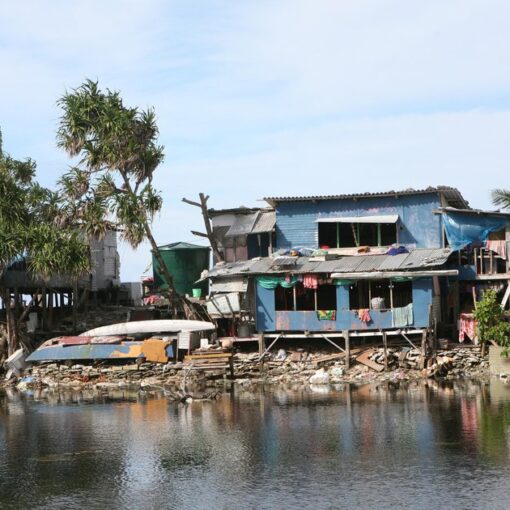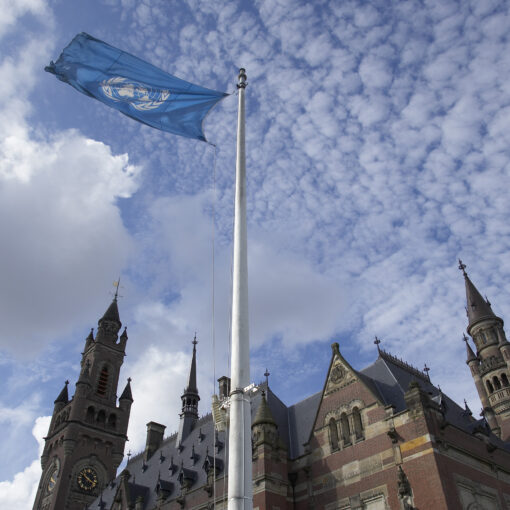Michael Burger and Jessica Wentz
Last week, we published a blog entry highlighting some of the fundamental legal problems with President Trump’s Executive Order on “Reducing Regulation and Controlling Regulatory Costs.” As we noted then, the order – which instructs agencies to ensure that the cost of regulations promulgated this year are no greater than zero, and to identify two regulations for potential repeal for every new regulation that is proposed – conflicts with statutory and judicial requirements on how agencies should account for costs and benefits in rulemaking.
Unsurprisingly, groups have decided to take legal action against the Executive Order. Today, the Natural Resources Defense Council, Public Citizen, and the Communications Workers of America filed a lawsuit seeking to block the Executive Order. The complaint alleges that the order is unconstitutional in two ways. First, the Executive Order violates the separation power because it “exceeds presidential authority and usurps Congress’s legislative authority” by asking agencies to consider factors not specified in or inconsistent with their governing statutes when making decisions about the promulgation or repeal of regulations.” Second, the Executive Order abdicates the President’s core executive duty to “take care that the law shall be faithfully executed” by “directing agencies to violate the law or rendering then unable to regulate as required by the law.” The complaint also alleges that the Executive Order requires agencies to act beyond their legal power (or ultra vires) and the Administrative Procedures Act.
The complaint cites many specific examples of regulations that are currently under development and would be affected by the Executive Order if the court does not intervene. These include motor vehicle safety standards, standards to protect the health and safety of miners, and Occupational Health and Safety Act (OSHA) standards to protect health care employees and employees in other high-risk environments from exposure to pathogens that can cause significant infectious disease. On climate change, the complaint notes that the Executive Order would run afoul of specific statutory requirements in the Clean Air Act, such as the definition of the “best system of emission reduction” in Section 111, the provision used in the Clean Power Plan, which requires that EPA consider not only cost but also environmental impacts and energy requirements. Ultimately, the Executive Order places the agencies responsible for promulgating these regulations in an impossible position: if they comply with the order, they will be violating the very statutes they are charged with implementing.
The plaintiffs are seeking both declaratory and injunctive relief, including a court order barring implementation of the Executive Order.
A copy of the complaint is available here.
A summary of the lawsuit is available here.




